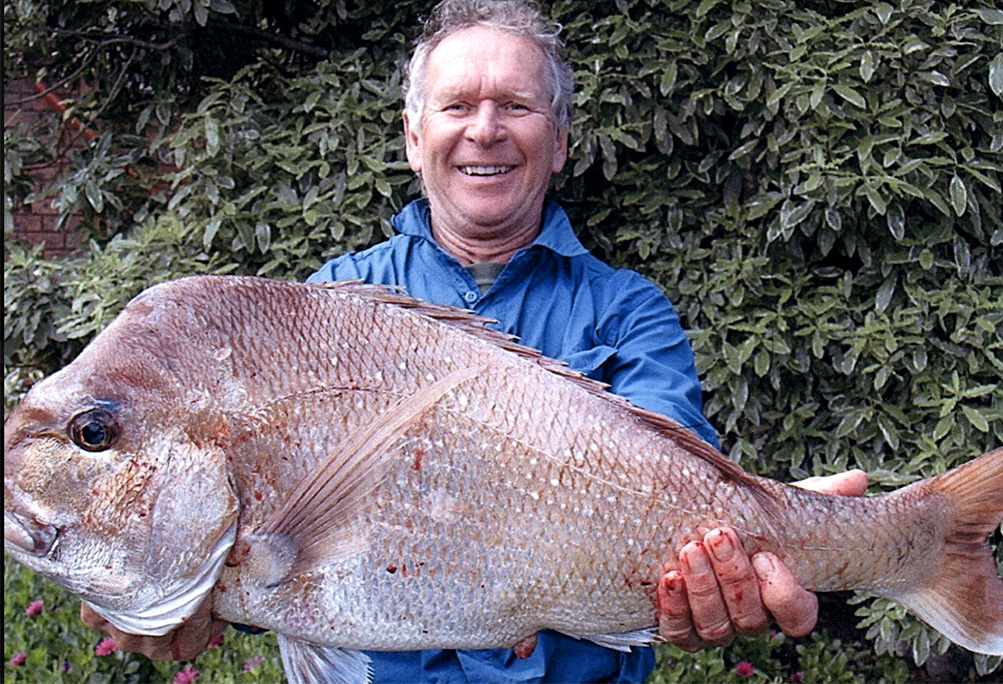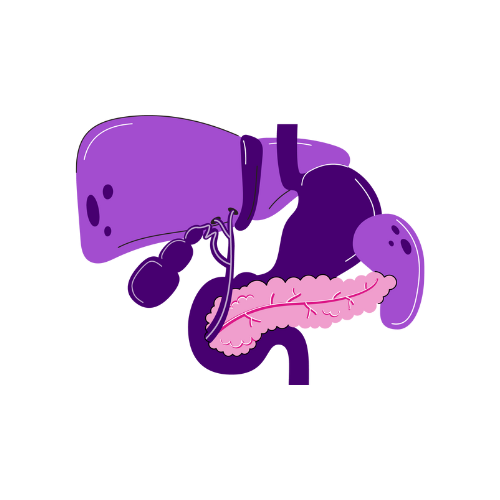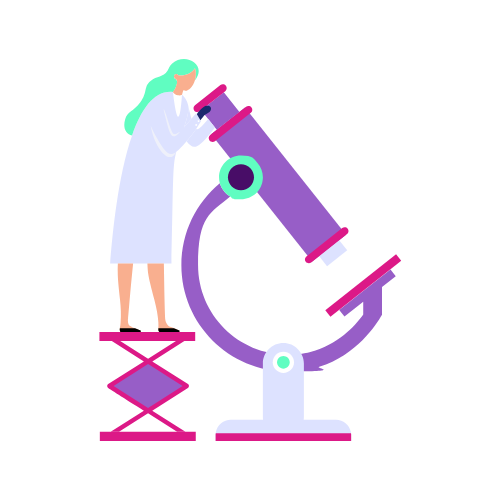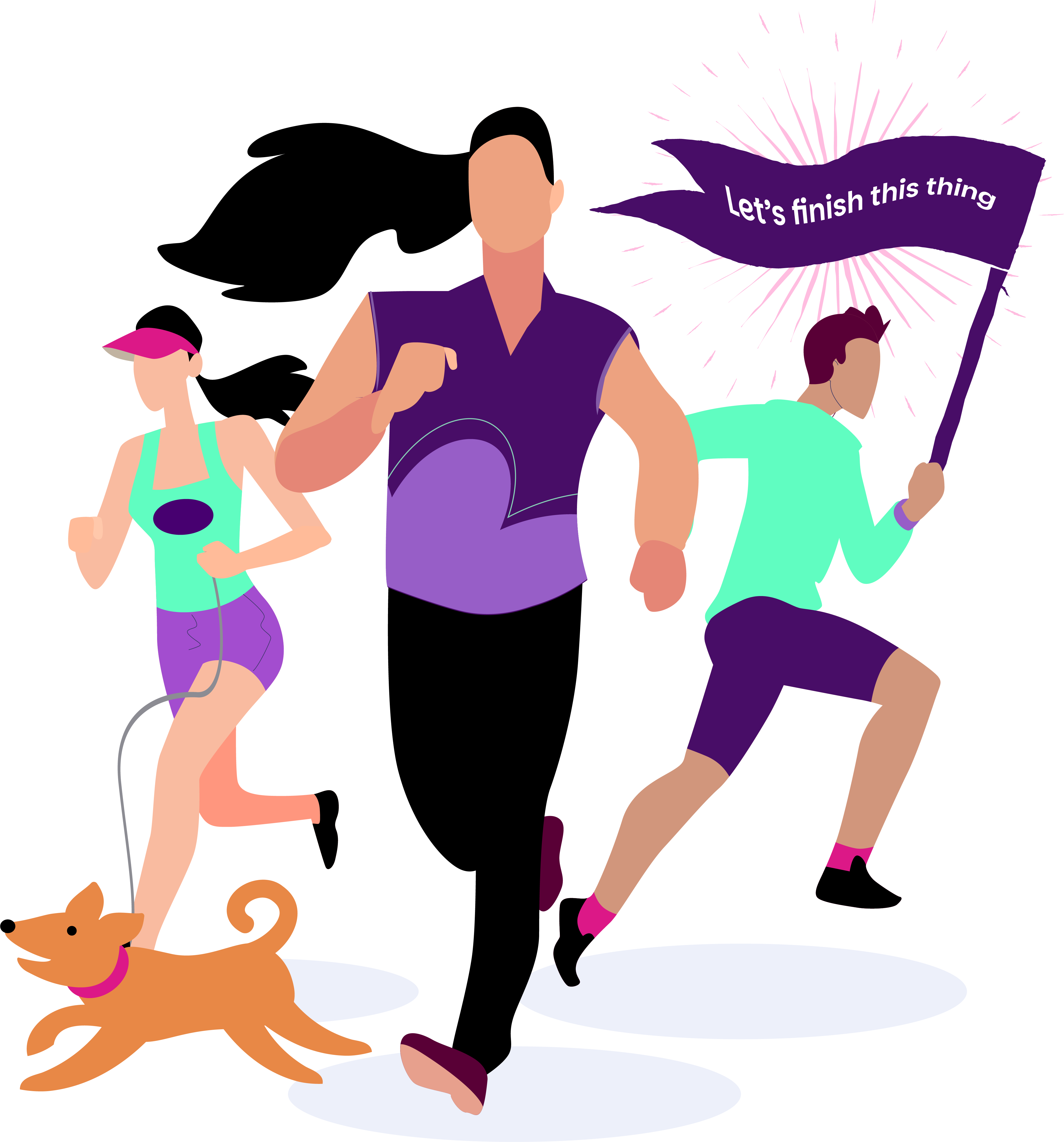John's story

John's Story
I was a pretty fit and happy 69 year old who loved spending time with my family, exercising and fishing with mates. Because of a strong family history of cancer over three generations on the female side, a BRCA2 gene was discovered in the family. I was told that I had an increased chance of getting prostate and pancreatic cancer than the general population. At the time I didn’t give pancreatic cancer much thought, as I believed it was rare, and I was unlikely to be affected.
In mid-August 2015, I developed what I would describe as a classic stomach ache, accompanied with slight bowel irregularities. I did seek medical help quickly and had the usual round of tests. The ultrasound came back as no abnormalities in the pancreas and liver, but there were issues elsewhere and I started treatment for bowel symptoms. After about a month of treatment I wasn’t getting any better and I noticed I was starting to lose a lot of weight. In early November I insisted on further scans and tests.
The CT scan showed there was a 3-4cm lesion in the pancreas and three major lesions and several minor lesions spread throughout the liver. The news came back that it was inoperable pancreatic cancer, which really rocked our family at the time.
When I was able to see my oncologist twelve days before Christmas my health was deteriorating rather rapidly. I was losing weight quickly and could not walk without the aid of a stick, He gave me no chance of long-term survival and in fact told me “to say goodbye to my friends this Christmas because you won’t be here next Christmas.” I started chemotherapy two days later.
During treatment, I was given a combination of four drugs infused intravenously over three days and which is administered on a fourteen-day cycle. You barely recover from the previous cycle when you are into the next one. A remarkable thing occurred during the first cycle. I had been in pain for months and on about the second day of that very first cycle my pain disappeared. This gave my wife and me a glimmer of hope.
Although I already knew that my prognosis was very poor, the worst moment is when your oncologist tells you to have barely months to live.
I accepted the fact I had a fight on my hands and was going to leave no stone unturned in order to survive and or try to make the best of what I have left. At no stage did I feel sorry for me and think “why me”.
Scans after the six sessions of treatment showed a good response, with all the minor lesions in the liver now undetectable and all the major lesions had shrunk by at least fifty per cent.
One of the biggest challenges during treatment is boredom. Because you feel perpetually unwell, you tend to lack motivation to for even the simplest tasks, and because your immune system is compromised you have to self-isolate to avoid the risk of infection. You have to avoid crowded places, so going out to the theatre or the football is out of bounds.
So I made myself a daily routine to get through each day. Two sessions of exercises and meditation {more of these later}, copious reading, and I would do puzzles such as jigsaw puzzles, to try to keep my mind occupied and distracted from my situation.
The treatment left me feeling unwell and listless and also caused my immune system to crash, and I did tend to get isolated from the outside world. Friends were calling around for a chat and a cup of tea, and even a brief phone call to fill out the day was a great morale booster. As treatment progressed and I got stronger, a couple of my mates went out of their way and took me out for a couple of days fishing. It all helps.
We know that the earlier that pancreatic cancer is detected and the earlier it is treated, that usually, the better the outcome. I sought medical attention after my first symptoms arose, it took at least three months to diagnose what was wrong with me and another three weeks till I could start treatment.
There is no doubt, that having a strong close-knit family and a close group of supportive friends helped my survival. We took strength from every little bit of positive news. Especially my wife, who took great comfort from the fact that the pain that I had suffered for several months disappeared in two days into my first round of chemo. That gave us a glimmer of hope that we were heading in the right direction and the tumour was responding to treatment.
My children rallied around me. My daughter giving me advice on cancer-fighting diets and sending me the latest scientific articles on the latest breakthroughs in cancer research. My two boys took over some of the practical chores such as gardening and mowing the lawns. As boys, they are not usually known for their signs of affection but would give me a hug and tell me how much they appreciated me and loved me.
I finished treatment in mid-May 2016 and still have regular reviews. The last scan in January 2021 revealed no evidence of recurrence. My blood tests have also been normal. However, my oncologist will only concede that I am in remission and has not given me the all-clear. So as they say in the classics, to take one day at a time and every new day is a good day.
I strongly believe there are a few things people afflicted with this disease can do to increase their wellbeing and chances of survival. I found exercise, meditation (which helps to clear the mind and give you a sense of calmness and wellbeing) and diet (especially removing sugar) was the most important for me.
I am excited about the new research developments being undertaken, like immunotherapy and gene therapy. We all hope that there will be a game-changer and a great breakthrough in cancer treatment so more people survive this terrible disease.







